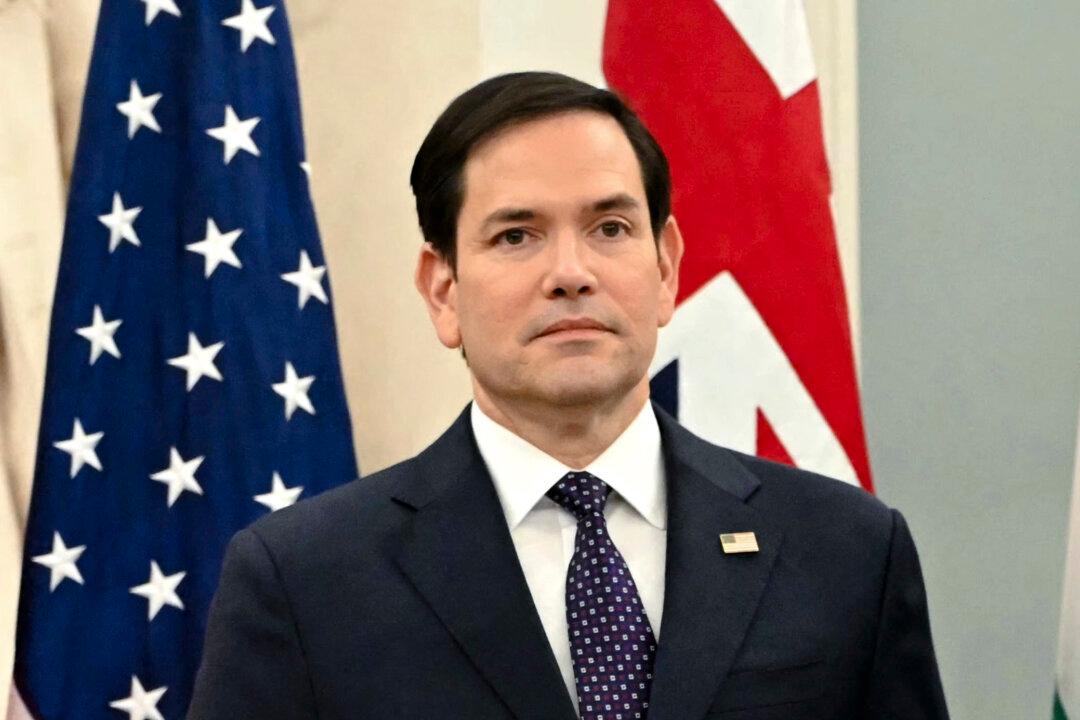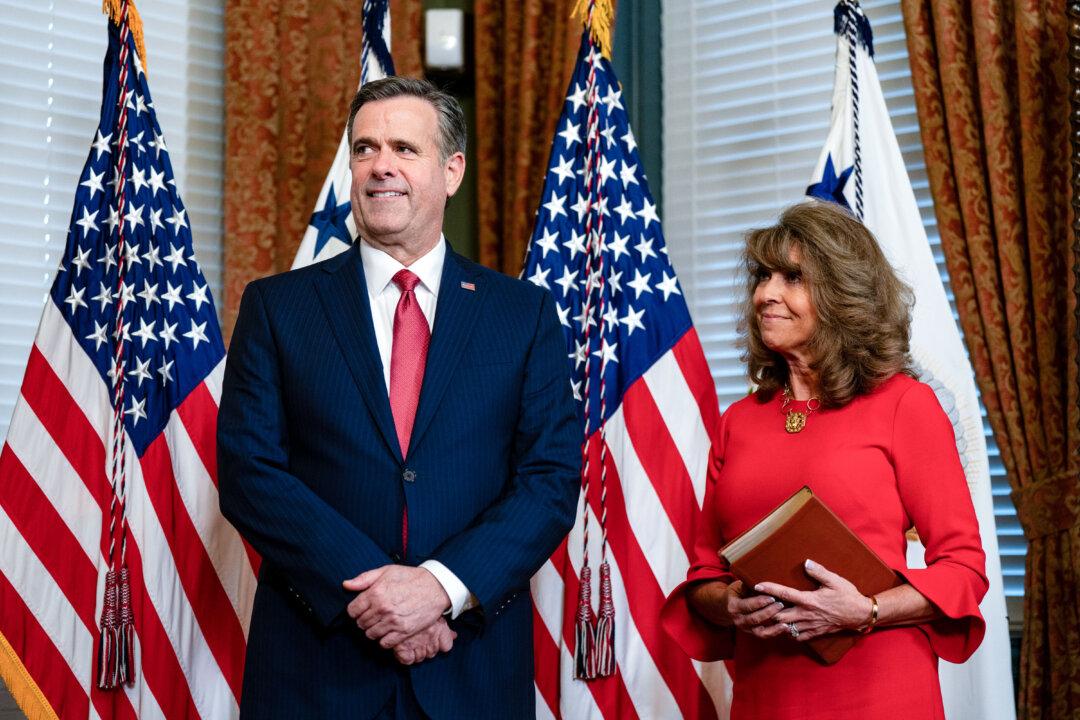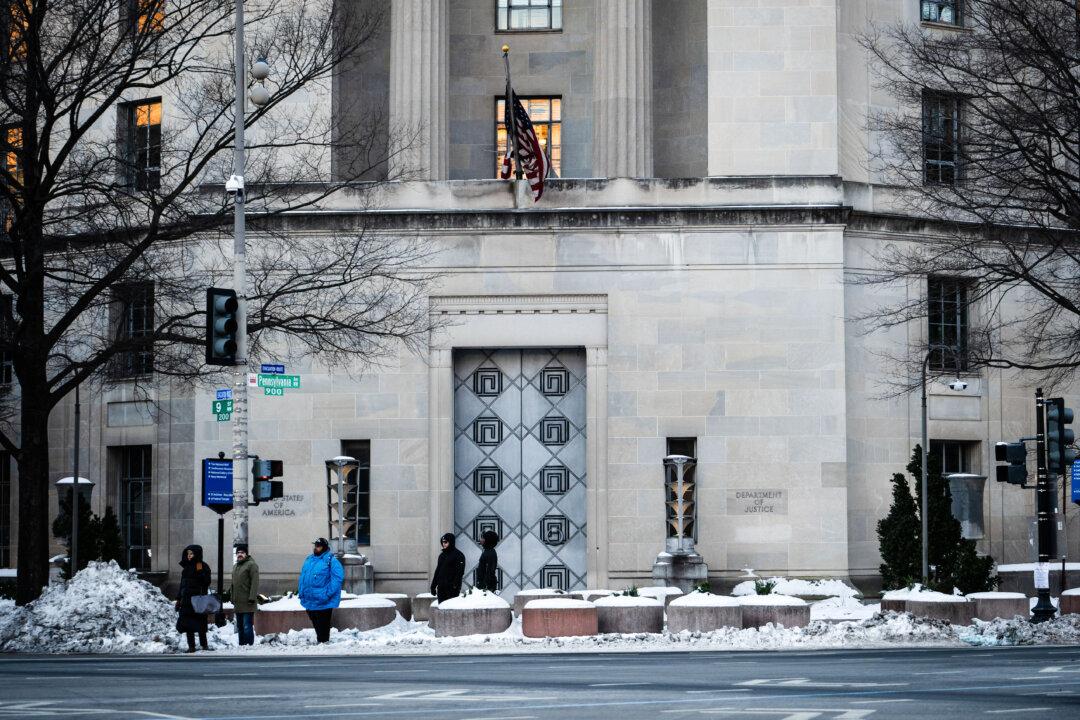In China, political loyalty to the Chinese Communist Party has just become a key criterion in assessing whether a teacher is doing their job well.
On Nov. 16, China’s Ministry of Education issued 10 guidelines on what is considered professional behavior for teachers “in the new era of socialism with Chinese characteristics,” according to China’s state-run media Xinhua. The rules apply to all instructors from elementary school through college and university.
Two criteria clarify the political stance that a teacher must have: The first one states that teachers “must have a firm political direction” while “supporting the Chinese Communist Party’s leadership and thoroughly following the Party’s educational policies.” While engaging in school activities, they can’t do or speak of anything that might damage the authority of the central government or go against the Party’s policy.
Secondly, they must “conscientiously” love their country, be loyal to their homeland, and, most importantly, not damage the regime’s interests.
Other guidelines include more typical protocol, such as caring for students, making sure students are safe, and being fair and honest.
Since its founding, the Chinese regime has instilled an ideology that the Party is equivalent to the country. The call for “loving the country” often means a command for people to abide by the Party’s agenda.
The latest guidelines aren’t the first time that Beijing has tried to enforce control over the country’s teachers. In August 2001, during the rule of former Party leader Jiang Zemin, the Ministry of Education released a notice that called for elementary school instructors to “incite youngsters to love their homeland and their country.”
In January 2005, the Ministry of Education issued another notice, which urged teachers to improve their “ideological thinking,” by being “diligent in learning about Marxism-Leninism, Mao Zedong Thought, and Deng Xiaoping Theory, and the Three Representatives [by Jiang Zemin].” Each Party leader develops a political doctrine to enshrine their legacy in communist history. Current leader Xi’s is “Xi Jinping Thought on Socialism with Chinese Characteristics for a New Era.”
The 2005 notice also encouraged teachers to be “steadfast in the direction of socialist education and to fully enforce the Party’s educational policy,” and also be able to use their “good” political thinking to influence and guide their students.
The call for learning Marxism-Leninism and Mao Zedong Thought was emphasized again in a 16-article notice issued by the Ministry of Education for teachers within higher education in May 2013.
One rule calls for teachers to use internet tools to better monitor public opinions and thinking within school campuses, and have teachers’ “ideological thought become the dominant force on cyberspace.” In other words, teachers were encouraged to censor their students’ speech for anything that didn’t toe the Party line.
On Sina Weibo, China’s equivalent to Twitter, some Chinese netizens expressed concerns over Beijing’s increasing encroachment on education.
A netizen with the moniker “Ms. Dong Angelazombie” from Beijing wrote, “I wouldn’t want someone with a firm political stance to be my teacher.”
Another netizen from Wenzhou, a port city in China’s Zhejiang Province, wrote: “I feel like I’m going to puke. Can we leave politics out of education?”
For teachers who overstep Party boundaries, punishment may come swiftly. In August, Yang Shaozheng, a noted economics professor at China’s Guizhou University, was dismissed after being suspended for nearly a year, after he advocated for constitutionalism and the rule of law to students in his class.




